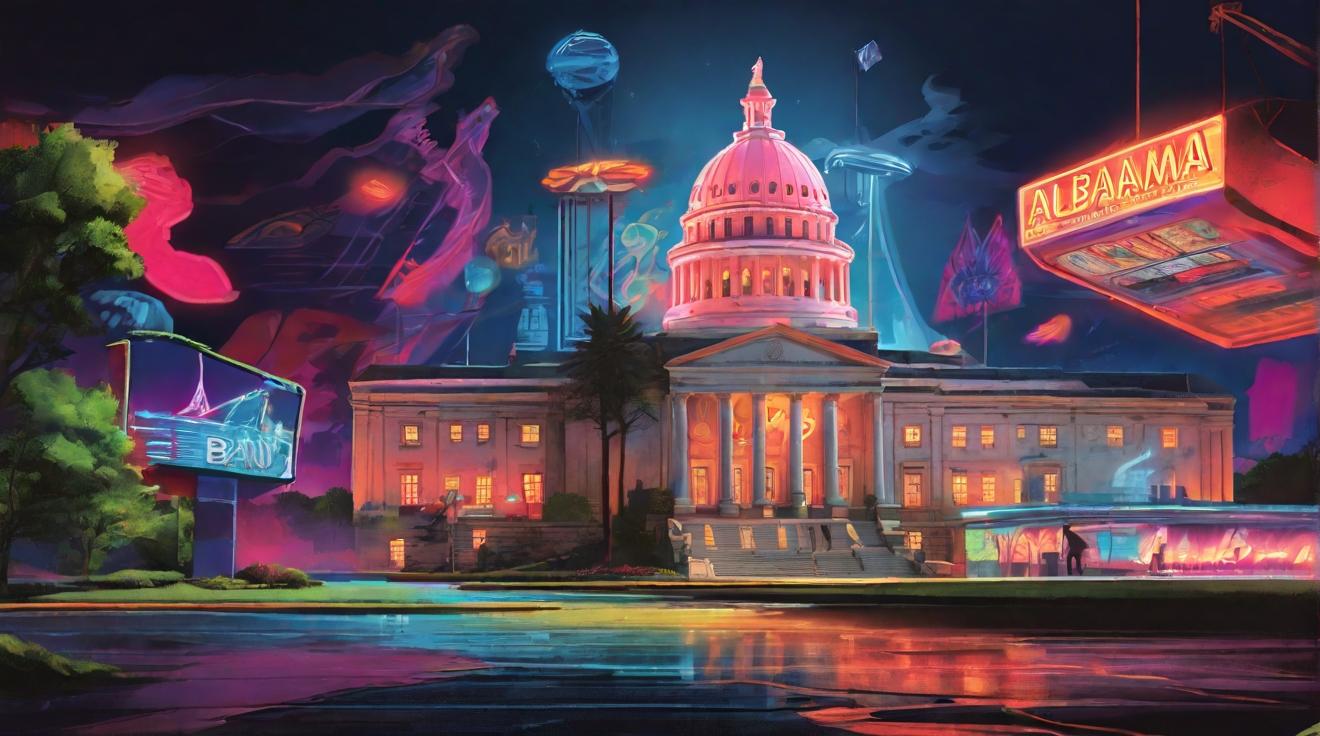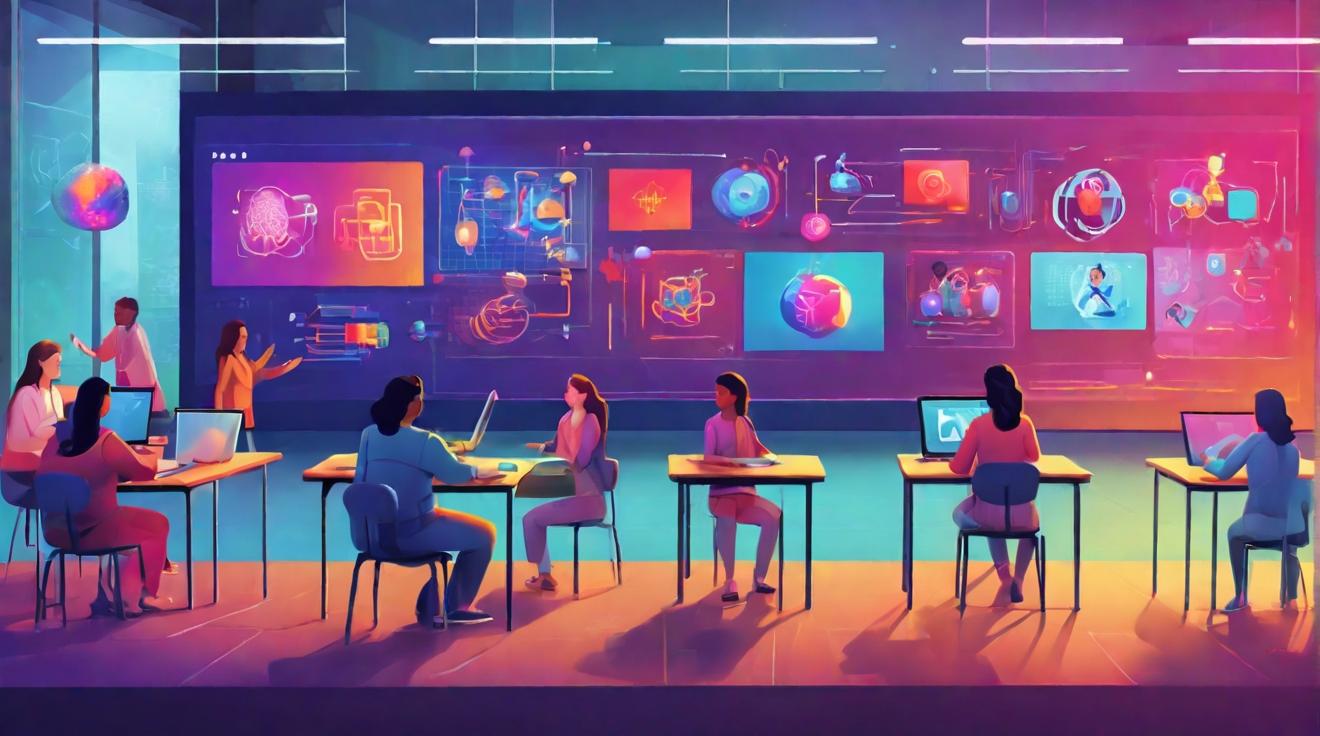Black Innovators Target AI Bias with Specialized Chatbots
By John Doe, Bloomberg News
At first, John Pasmore was thrilled about ChatGPT. The serial founder, entrenched in the artificial intelligence space since 2008, remembered when experts predicted it would take decades to develop a tool like ChatGPT. Fast-forward to today, and that future has arrived—with a catch.
ChatGPT, one of the world's most powerful AI tools, struggles with cultural nuance. This is particularly frustrating for Black individuals like Pasmore. The AI's Eurocentric and Western-biased training presents answers that are too generalized for specific queries from certain communities. This has prompted ire among Black people who feel under-represented in the algorithms poised to transform the world.
The Rise of Black-Owned AI Models
In response, numerous Black-owned chatbots and ChatGPT versions have emerged, designed specifically for Black and brown communities. Founders like Pasmore are capitalizing on OpenAI’s cultural lapses.
"If you ask ChatGPT who the most important artists are, it lists Leonardo da Vinci and Michelangelo but omits notable figures from India, China, Africa, and African Americans," Pasmore noted. To address this, he launched Latimer.AI, a language model giving answers tailored to Black and brown experiences. Erin Reddick started ChatBlackGPT, another chatbot focused on these communities.
Globally, initiatives like Canada-based Spark Plug offer AI alternatives for Black and brown students. Africa is also innovating, with models addressing over 2,000 languages and dialects overlooked by Western AI.
"We are the keepers of our own stories and experiences," said Tamar Huggins, founder of Spark Plug.
Personalized AI for Diverse Communities
Generalized AI models struggle to capture the African American experience due to limited online data on these cultures. Many traditions and dialects are orally transmitted, creating gaps in AI comprehension.
Pasmore used sources like Amsterdam News to build Latimer.AI, emphasizing accuracy over user-generated internet data. Consequently, his model provides culturally precise responses, as exemplified in discussions about the Underground Railroad.
Reddick’s ChatBlackGPT is set to launch on Juneteenth. It engages with HBCUs to help train the algorithm, aiming to offer a safe AI exploration space for Black and brown people.
"The algorithm prioritizes Black information sources for more relatable knowledge," Reddick said.
Uniting the Diaspora
Africa lags significantly in AI research. Only 0.77% of AI journals come from sub-Saharan Africa compared to 47.1% from East Asia. Consequently, foundational AI models miss out on Africa's vast cultural knowledge.
Yinka Iyinolakan created CDIAL.AI to address this. The chatbot, which understands nearly all African languages and dialects, focuses on speech rather than text.
Google and Intron Health support diverse language integration in AI with significant financial contributions.
"Silicon Valley isn’t the end-all for AI; a third of the world’s knowledge is missing," Iyinolakan said.
Expanding AI's Cultural Scope
Steve Jones and DeSean Brown started pocstock to address the lack of representation in stock images. Their database helps train AI to produce inclusive imagery.
"All platforms should be trained on racially inclusive data to avoid perpetuating societal biases," Jones told Bloomberg News.
Despite improvements, there's room for more cultural-specific AI models in the future. Personalized AI interactions could greatly reduce bias and better serve diverse communities.
"AI will create trillionaires, and people of color should be producers, not just consumers," Jones concluded.
This piece aims to highlight the significant strides being made by Black innovators in the AI landscape, addressing biases and creating tools that embody cultural sensitivity and representation.
This article was updated to reflect that Spark Plug uses its own foundational models and descriptions surrounding Latimer.AI. Additionally, DeSean Brown’s co-founding role at pocstock was clarified.













